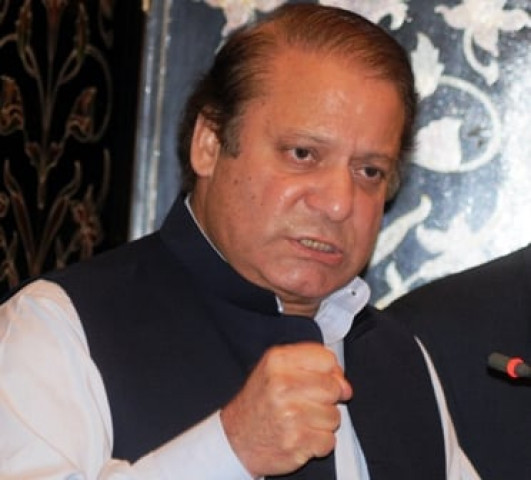Memogate and matters of sovereignty
When elected prime ministers are threatened by the establishment in Pakistan, public opinion doesn’t side with them.

The military has not had a smooth ride with the PPP whose ruling family it has traditionally despised. Far from subordinating itself to the elected government, it runs the country’s foreign policy in more or less an isolationist fashion not suited to Pakistan as a state bedevilled by internal weaknesses mostly inherited from military dictators. When the Mumbai attacks happened in 2008 at the hands of some non-state actors from Pakistan, the first PPP-military crisis was unleashed. If there was any delusion in the PPP that it could exercise its right to run the foreign policy of the country vis-à-vis India it was shattered. The party thereafter learned to ride tamely behind the military and its powerful ISI.
Unfortunately, when elected prime ministers are threatened by the establishment in Pakistan, public opinion doesn’t side with them. It is only with hindsight that we admit that Muhammad Khan Junejo was perhaps our best prime minister. When he was sent home by General Zia after a foreign policy quarrel everyone plus his own party immediately adjusted to it. Today, analysts blame the frankenstein of the warrior mullah that emanated from his prosecution of the proxy war in Afghanistan and Kashmir. When Prime Minister Nawaz Sharif was toppled by the army in 1999 on a foreign policy issue, the same thing happened again, perhaps because the people of Pakistan have developed a pavlovian reflex of salivating when an elected government is not allowed to complete its term.
The good sign is that the opposition leader and formerly-removed prime minister, Nawaz Sharif, has decided not to follow the ‘toppling’ reflex and has asked a few questions that the media will not ask. He thinks that the death of Osama bin Laden has been given the wrong spin: instead of protesting breach of sovereignty by the US force that flew in and killed him in Abbottabad, Pakistan should demand to know why he was found in Abbottabad and how he could live there for months without someone within the military knowing about it. A journalist who dared to report that certain sections of the military may have been penetrated by al Qaeda was mysteriously killed. Just like the judicial commission inquiring into the Osama bin Laden death, the judicial commission on the death of this journalist may find itself probing in the wrong direction because no one will depose to it honestly.
The media is clearly partisan. It will not comment honestly about al Qaeda and its terrorist auxiliaries favoured by the establishment for fear of being attacked; it will not take a position in defence of the democratic transition of power in the country. The reaction in a section of the press is that the PPP government is wrong and is even guilty of treason. We always thought that it is the military officer usurping power through a coup who is guilty of treason. We may want to try a civilianised General Musharraf for treason; some of us may even think of the army’s rejection of the Kerry-Lugar Bill. The good sign is that Mr Sharif has forsworn the stance of his party’s leader in the National Assembly and will not abort the system by making his party resign from the National Assembly. He recalls that in his time too he had asked the US to get the army off his back but to no avail. The ‘memo affair’ should be taken in stride and not treated as a crisis of the state.
Published in The Express Tribune, November 20th, 2011.















COMMENTS
Comments are moderated and generally will be posted if they are on-topic and not abusive.
For more information, please see our Comments FAQ